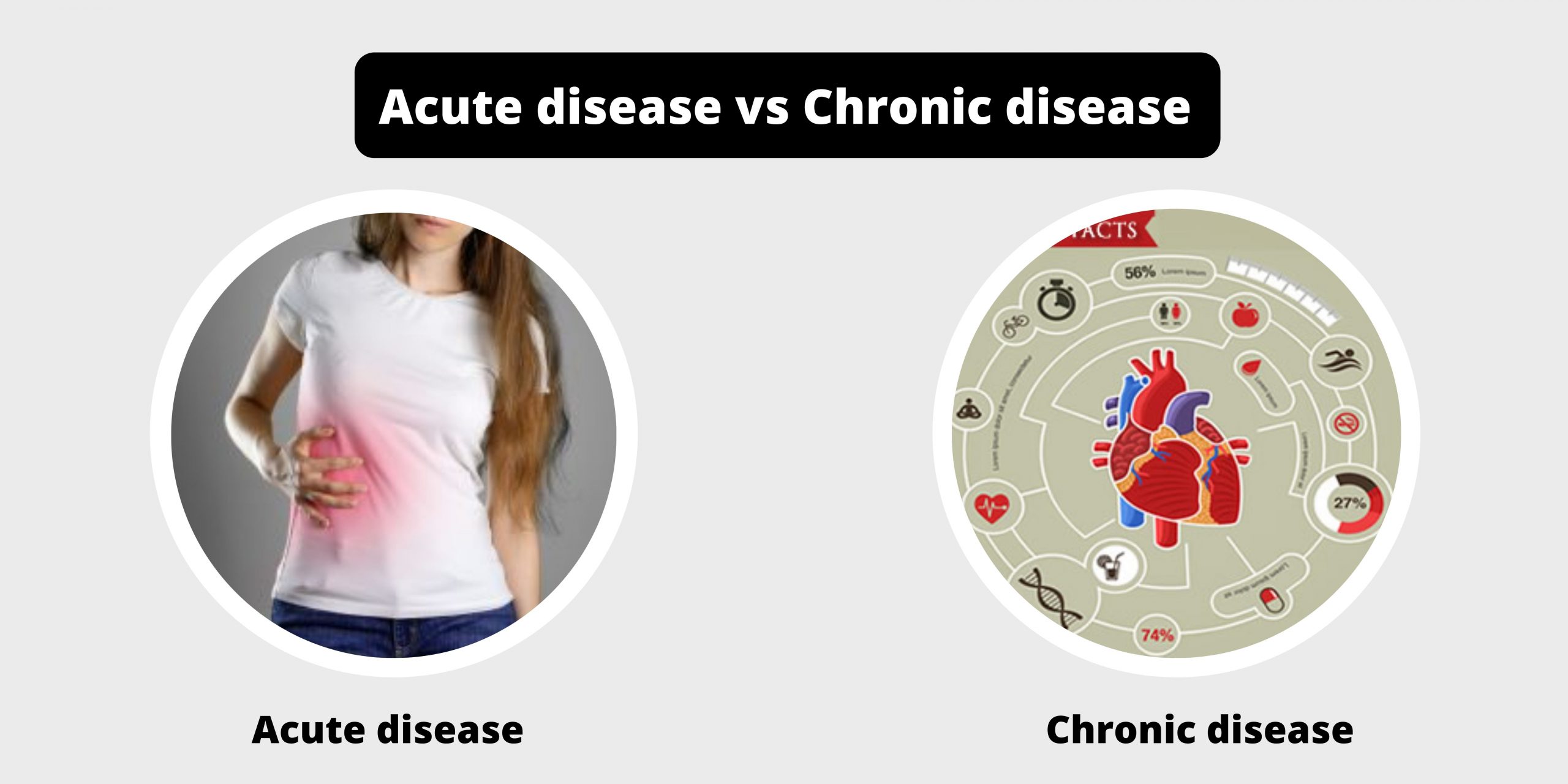Acute on Chronic Conditions Course
Acute on Chronic Conditions Course
Introduction
The Acute on Chronic Conditions Course is a specialized educational program tailored for healthcare professionals seeking to enhance their clinical skills in managing patients with chronic diseases that undergo acute exacerbations. With chronic illnesses such as heart failure, chronic obstructive pulmonary disease (COPD), diabetes, chronic kidney disease (CKD), and liver cirrhosis being major contributors to hospital admissions and long-term morbidity, the capacity to recognize and manage their acute deterioration is crucial. This course offers an in-depth exploration of the intersection between chronic disease management and acute care, ensuring that practitioners can provide timely, evidence-based interventions.
This comprehensive program bridges the gap between outpatient chronic disease control and inpatient acute care. It prepares clinicians to understand pathophysiological changes, interpret clinical and diagnostic findings, and formulate effective treatment strategies in complex patient scenarios where chronic illnesses become destabilized.
Course Objectives
By the end of this course, participants will be able to:
- Define and differentiate between acute, chronic, and acute on chronic disease processes.
- Identify and manage common acute exacerbations in chronic conditions such as:
- Congestive heart failure
- COPD and asthma
- Chronic kidney disease and acute kidney injury
- Liver cirrhosis with hepatic encephalopathy
- Diabetes with ketoacidosis or hyperosmolar states
- Understand the underlying mechanisms of acute decompensation.
- Develop immediate and long-term treatment plans based on clinical guidelines and individualized patient needs.
- Interpret laboratory investigations and imaging studies relevant to acute on chronic presentations.
- Engage in multidisciplinary care coordination and patient-centered communication.
- Educate patients and caregivers on signs of deterioration and prevention strategies.
Target Audience
This course is ideal for:
- Internal medicine physicians and residents
- Family medicine and primary care providers
- Emergency medicine doctors
- Hospitalists and intensivists
- Nurse practitioners and physician assistants
- Registered nurses and allied health staff
- Medical and nursing students seeking foundational knowledge in chronic disease management
Curriculum Overview
The curriculum is structured to provide both theoretical knowledge and practical applications. Key modules include:
- Overview of Chronic Diseases and Acute Decompensation
- Definitions and epidemiology
- Healthcare burden and outcomes
- Cardiovascular System
- Acute on chronic heart failure
- Hypertensive urgency/emergency in chronic hypertension
- Pulmonary System
- Acute exacerbation of COPD and asthma
- Respiratory failure in chronic lung disease
- Renal System
- Acute kidney injury superimposed on CKD
- Electrolyte imbalances and dialysis emergencies
- Endocrine System
- Diabetic ketoacidosis and HHS in chronic diabetes
- Adrenal insufficiency in long-term steroid users
- Hepatic System
- Decompensated liver cirrhosis
- Ascites, spontaneous bacterial peritonitis, hepatic encephalopathy
- Neurology and Geriatrics
- Stroke in patients with chronic atrial fibrillation or hypertension
- Acute confusion in dementia and delirium
- Palliative and Supportive Care
- Ethical considerations in advanced chronic illness
- End-of-life care in decompensated patients
- Diagnostics and Monitoring
- Imaging: CXR, CT, ultrasound in acute decompensation
- Lab interpretation: BNP, ABG, creatinine, ammonia, lactate
- Integrated Case-Based Learning
- Realistic case discussions with multidisciplinary input
Learning Methods
The course uses a blended learning approach, combining:
- Interactive Lectures: Taught by specialists with real-world case insights.
- Case Simulations: Acute scenarios based on real clinical experiences.
- Workshops:
- Non-invasive ventilation and oxygen therapy
- Fluid and electrolyte management
- Medication titration in unstable chronic disease
- Group Discussions: Shared learning with colleagues across disciplines.
- Online Materials: Access to lecture recordings, guidelines, and supplementary readings.
Assessment and Certification
Participants will be assessed through:
- Pre- and post-course knowledge tests
- Skills evaluation in workshops
- Case presentation and discussion participation
- Completion of feedback and reflection forms
A Certificate of Completion will be awarded to participants who fulfill all course requirements. Depending on regional accreditation bodies, CME/CEU credits may also be available.
Outcomes and Benefits
After completing the course, participants will:
- Be equipped to provide safe, timely, and effective care to patients with acute exacerbations of chronic disease.
- Improve patient triage, treatment planning, and discharge processes.
- Enhance interprofessional collaboration and care coordination.
- Reduce preventable hospital readmissions and healthcare costs.
- Support patient self-management through education and shared decision-making.
- Be prepared to apply the latest clinical guidelines and best practices in complex scenarios.
Conclusion
The Acute on Chronic Conditions Course addresses one of the most pressing challenges in modern healthcare: managing the complex and often unpredictable deterioration of chronic illness. As more patients live longer with multiple chronic diseases, clinicians must be skilled not only in treating the chronic condition but also in recognizing and managing sudden changes that could lead to hospitalization or even death.
This course equips healthcare professionals with the knowledge, confidence, and clinical judgment required to make a difference in such situations. Through a mix of theory, practice, and case-based learning, participants will leave with a robust understanding of acute on chronic care—a skill set that is both urgently needed and profoundly impactful in today’s healthcare landscape.
Let me know if you’d like this formatted into a downloadable Word document once file tools are available again. Would you like another course description written now?
.
Date
na
Course Faculty
Dr Balaji Asegaonkar
Course Syllabus
Introduction
Course Objective
Course Fees
na
